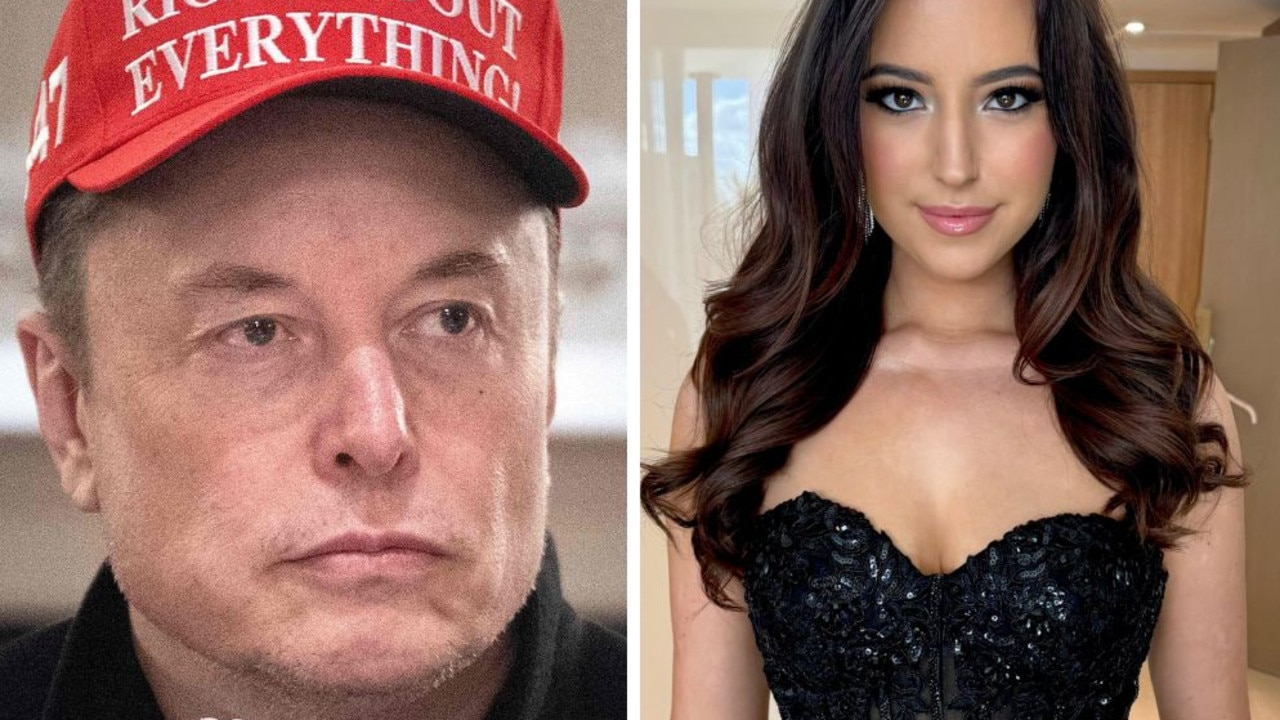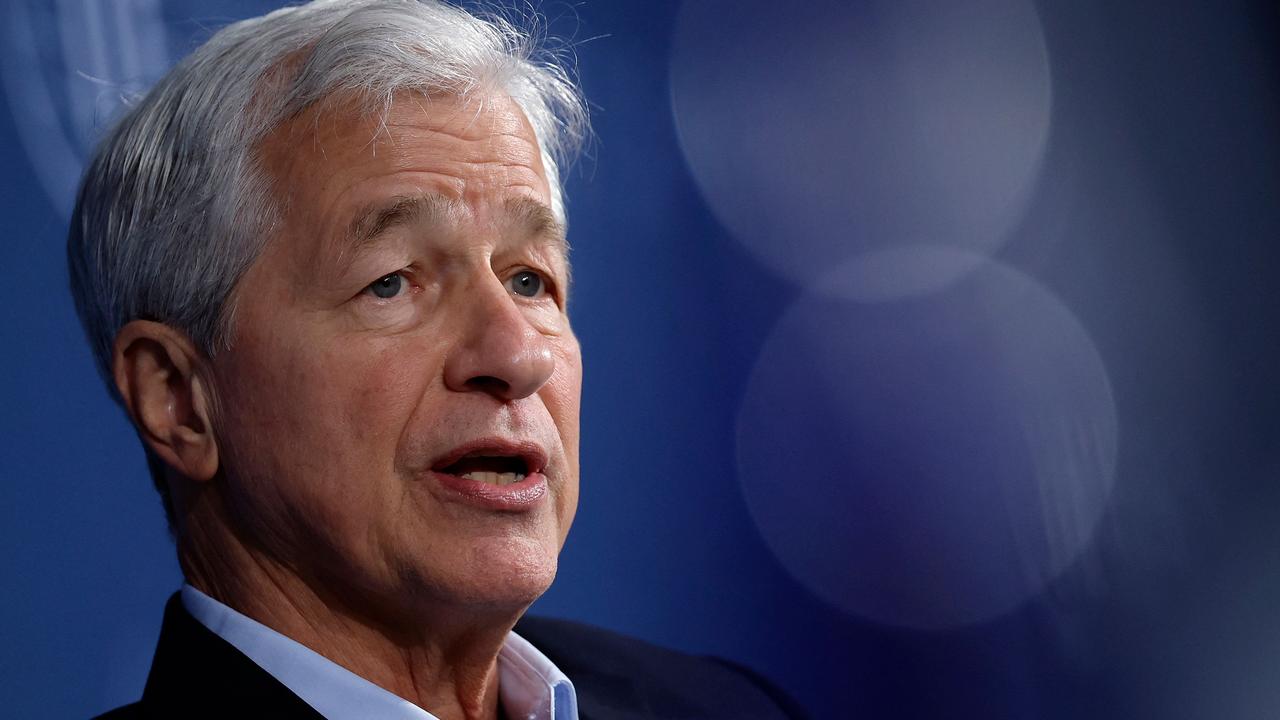Welcome to supermarket politics: BYO trolley
THIS is the age of DIY politics. Voters are abandoning the major parties in record numbers and the alternatives are limitless.
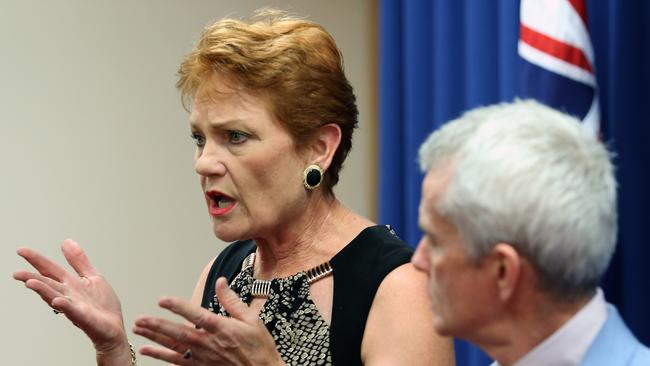
RUSSELL Gilbert once had a great joke about supermarkets.
Whenever he went to one he couldn’t be bothered walking up and down the aisles so he looked around until he spotted a trolley that already had most of the stuff he wanted.
Then he just stole that one.
That is what politics used to be like: There were two established mainstream parties and you just picked the one that had most of the stuff you wanted.
Yes, you might not have got everything, and yes, you might also have got some stuff that you didn’t want, but you got most of what you wanted and someone had done all the work for you.
Australia and the two countries from whom we inherited our political system, the UK and the US, all evolved fairly organically into a two-party system, a sort of “least worst” approach that meant while voters were unlikely to be completely satisfied they were also unlikely to be completely disappointed.
Implicit in this compact is that only the major parties can deliver the holy trinity of good government:
1. Stability
Major mainstream parties can be relied upon to hold government and elevate the most competent to the top.
2. Credibility
Major mainstream parties have well-established policy positions and can be relied upon to consistently maintain them.
3. Security
Major mainstream parties are mature and centrist enough to present a united front on defence and foreign policy issues.
When a major party loses one of these trust factors it is deeply wounded. In Australia they have lost all three.
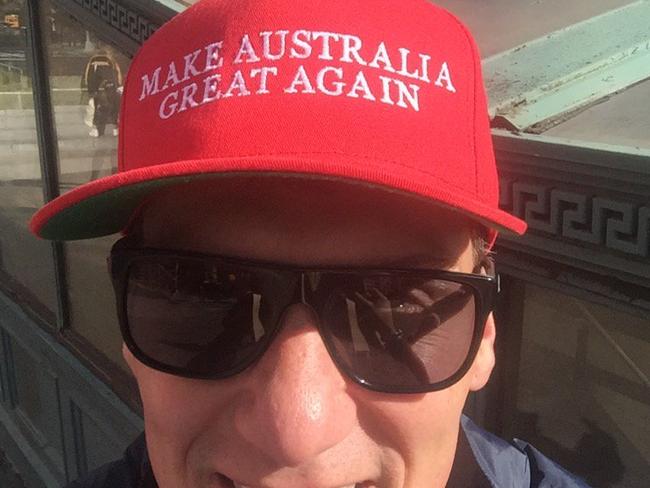
Stability is obviously shredded — in the past decade not a single prime minister has survived their first term. This is a farce and was once unheard of in modern Australian history.
Credibility is likewise shot — for Labor climate change went from being “the greatest moral challenge of our time” to the legislative backwaters; for Malcolm Turnbull it did the same as soon as he saw a chance to become PM.
The Liberals’ tax plans are a shambles and Labor’s Medicare scare campaign was a disgrace. And both leaders have had more positions on gay marriage than a contortionist at a swingers club.
Finally, national security was also thrown under the bus last week as Labor sought to score cheap political points over Turnbull and Trump. As the PM was trying to juggle a live grenade, Bill Shorten tried to goad him into pissing the US president off.
As it turned out, this was something Malcolm proved perfectly capable of doing on his own but at least he had the decency to do it in private.
Into the vacuum caused by this collapse has flooded a host of new age political messiahs, quickly followed by voters desperate and disillusioned enough to believe them, just as they did in the UK and US.
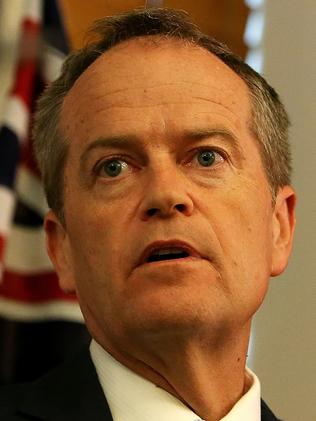
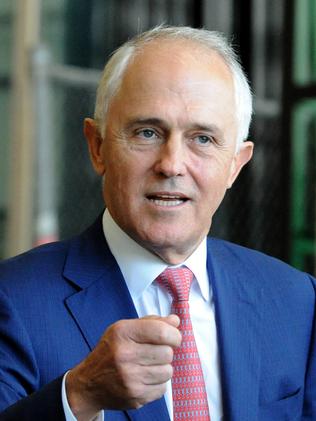
At the last election almost a quarter of voters fled the major parties for the Greens, Pauline Hanson, Nick Xenophon and others. And it has only got worse for the establishment since then.
Labor, which crowed about its seat result in 2016, in fact received 34.7 per cent of the primary vote — a near record low. The Liberals and Nationals combined received just over 42 per cent — a drop of three per cent — and only managed to scrape home by the thinnest possible margin.
Since then the Coalition’s primary vote has collapsed further, according to today’s Newspoll, to a staggering 35 per cent. And despite this immolation Labor is stagnant on 36 — a figure that is almost as damning. Almost 30 per cent of people want to vote for neither of them.
In short, the government could be blown apart by a bunger in a paper bag. And yet Cory Bernardi has just dropped an A-bomb — or, perhaps more aptly, a C-bomb.
If Bernardi’s much-rumoured new conservative party shaved just three per cent off the Coalition it would reduce it to less than a third of the national vote for the first time since pretty much forever.
Instead of Australian politics being split down the middle between Labor and Liberal, it will be split into three: Labor, Liberal and for-the-love-of-God-anybody-else.
In the four elections in the 1980s support for minor parties never even hit 10 per cent. More than 90 per cent of people voted for either Labor or the Coalition.
Across the four elections in the past 10 years minor party support went from 14.5 to 23 per cent.
According to today’s Newspoll it now sits at 29 per cent — more than triple what it was in 1987 and double what it was in 2007.
If Bernardi defects and sends that number towards 33 per cent it may well signal the end of two-party politics as we know it.
So what’s changed? This is not the first time voters have abandoned the major parties but it is the first time they have abandoned both at the same time and simply gone their own way.
Just as people are now eschewing mainstream media and selecting only the news sources — both real and fake — that most specifically match their beliefs, they are also doing the same with politicians. And just as the media has fragmented and distorted as a result, so too is politics fragmenting and distorting.
The traditional orderly spectrum of left and right has been decimated by voters who, with the limitless access to information and opinion that the internet brings, simply pick and choose the bits of each that they like. Instead of viewing the world through a pre-established prism, they see it unfiltered with their own eyes — something both refreshing and dangerous.
And of course the internet also gives people almost limitless political options never accessible in the conventional two-party era. In this new political supermarket they can buy whatever they want.
And if they don’t find it they make it themselves. This is the age of DIY politics. It would be easy to say that Cory Bernardi is the love child of Tony Abbott and Pauline Hanson. In fact he is a love child of social media and Bunnings.
Indeed, if the atheists are right that humans created God in order to fulfil an existential hunger, then it is almost certain that Americans created Donald Trump for the same reason. In a sense the figurehead doesn’t matter, whether it’s Trump or Hanson or Palmer or Bernardi or even an abstract goal like Brexit.
Across almost all Western countries there now appears to be a perpetual current of discontent that swirls around until it finds a vessel through which to express itself.
These agents of discontent are often chaotic and contradictory, just like the needs that give birth to them. For example Trump combines the protectionism of an unreconstructed socialist with the tax cuts of a laissez-faire capitalist. They are at once both simplistic and complex, which is what so infuriates the traditional political elites.
Their only consolation is that such chaos rarely lasts long. Waves of populism tend to break on the rock of the establishment.
But, as today’s poll shows, the rock is eroding and the waves are getting bigger.



